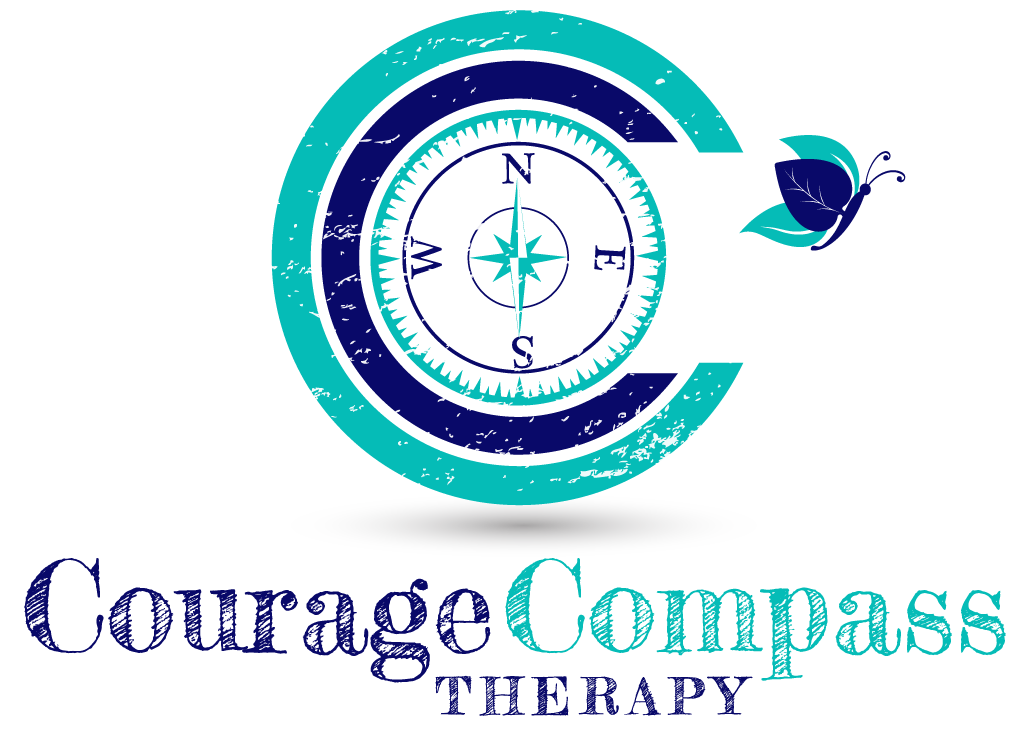Childhood Emotional Neglect
“My childhood was great. I have no reason to feel anxious, lost, different, or disconnected. I should just be able to get over it.”
I hear these types of statements frequently from people who have experienced Childhood Emotional Neglect (CEN), a term coined by Dr. Jonice Webb.
The difference between CEN and trauma is that CEN is pain or wounding from what didn’t happen in childhood, versus what did. When adults look back on their childhood to find a root cause of feelings and come up empty, they often blame themselves. It’s hard to know what the problem is when you don’t know what was lacking, why, or what to do about it now.
It’s also possible to have signs and symptoms of CEN as well as traumatic experiences; they are not mutually exclusive.
So, what is CEN? What are the signs?
Feeling numb, or emotionally empty
Refusing help from others (counter-dependence)
Low self-esteem or self-worth, feeling fundamentally inadequate
You feel like something is missing but can’t identify what it is
You struggle with perfectionistic tendencies
You are sensitive to rejection
Difficulty understanding and attuning to your feelings
Unreasonable guilt for attending to your own needs
Chronic caretaking of others
The word neglect means the absence of care, not the presence of trauma, and this is exactly what emotional neglect is all about – the absence of emotional nurturance.
Children are dependent on their caregivers (typically parents) for all their needs early on in life – physical such as food and clothing but also emotional, such as safety, comfort and love. Most parents are good at providing physical care and are highly aware of what that involves; however, many don’t understand the importance of emotional care, or may not be capable of offering it to their children consistently and unconditionally.
Core Emotional Needs of Children
Feeling safe and protected/ having stability in life
Feeling comforted, soothed and reassured (physically, verbally and emotionally)
Feeling seen and understood by others
Receiving unconditional support and encouragement
Feeling the delight/joy of their parents in response to them
When children’s emotional needs are met adequately, they create a solid foundation for secure attachment. Attachment is a buzz word in therapy circles for a reason- it’s a big deal. A secure attachment leads to the development of a strong sense of self, independence, the ability to identify and regulate emotions, and engage in healthy relationships.
But what does it feel like when some or all of these core needs have not been met? How can you name the absence of something you never even knew you needed?
To understand if you have experienced CEN, you need to understand first what children need to develop and thrive, rather than simply survive. Often people can sense they missed out on something but are not sure how to name it. You may have a feeling that your parents did not provide you with important care due to their physical and/or emotional absence. Some may also feel their parents did the best they could yet still feel this deep yearning for connection from that sense of internal emptiness.
So, am I just supposed to blame my parents for it? How does that help?
This is a common misconception about therapy in general. It’s not about blame. It’s about understanding the source of your pain, the impact that action or inaction had on you as you were developing and coming to understand how the world works, and what to do about it now. Healing is about understanding with compassion while being responsible and accountable for how you live your life now. What you do with emptiness, how to deal with relationships that seem impossible.
Blaming parents is not the answer. But we need to acknowledge what happened before we can get to the work of healing and thriving.


